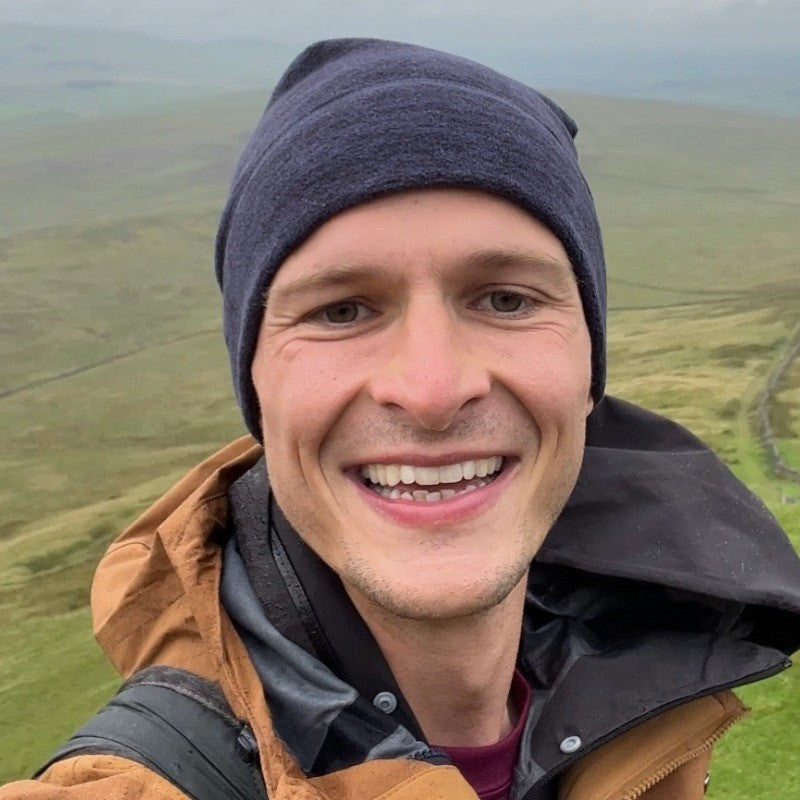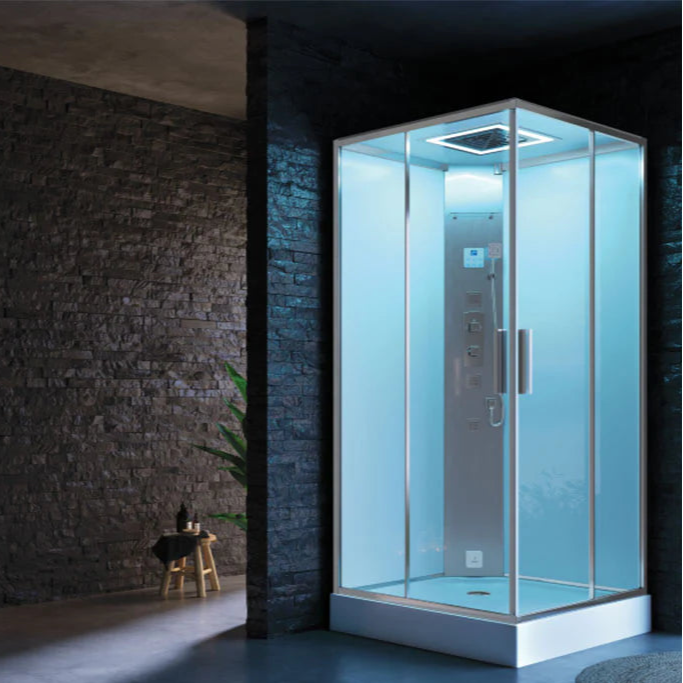Ever wondered who turned the Cold Plunge Tub into a global trend? Meet the man who made the Ice Bath Tub cooler than your ex—Wim Hof. He's the Cold Plunge guy. Want to know why everyone's copying him? Stick around for celeb fans, science-backed benefits, and frosty wellness tips!

Who is Wim Hof? A Journey into Extreme Cold
Early Life and Initial Encounters with Cold
Wim Hof, born in the Netherlands in 1959, had an early connection to nature and the cold. Unlike most, he didn’t shy away from icy water—it fascinated him.
This curiosity led him to experiment with cold exposure as both a personal challenge and spiritual pursuit. His first plunges weren’t about fame or science but instinct and feeling.
The Personal Tragedy that Fuelled His Path
Wim’s journey into cold therapy took a deeper turn after the devastating loss of his wife to suicide. He turned to the cold for healing, both physical and emotional.
This trauma became a turning point. It led him to explore the cold as more than a challenge—it became a way of life.
The Rise of "The Iceman" and His Global Recognition
As Wim pushed human limits, the world started to watch. Media outlets couldn’t ignore the man who swam under ice, climbed freezing mountains, and sat in an Ice Bath Tub for nearly two hours.
These feats earned him the nickname “The Iceman”. With growing attention came followers, studies, and a global movement around his method.
Unveiling the Wim Hof Method: Pillars of Resilience
Breathwork: The Foundation of Control
Breathing is central to the Wim Hof Method. It involves repeated deep breaths followed by controlled breath holds.
This process is said to reset the nervous system, build mental focus, and support the body's cold response. Many users report feeling energised and calm afterward.
Cold Therapy: Embracing the Chill
Cold exposure is perhaps the most famous part of the method. Starting with cold showers and moving to the Cold Plunge Tub, the goal is gradual acclimatisation.
It trains the body to handle stress, boosts circulation, and is believed to reduce inflammation. Ice bath sessions have now become daily rituals for many enthusiasts.
Commitment and Mindset: The Power of Will
Without commitment, the method won’t work. Wim insists that mindset and mental focus are just as vital as the physical practices.
Consistency builds resilience. Over time, followers gain more than physical endurance—they develop deeper mental strength.
Achievements and World Records: Pushing Human Limits
Record-Breaking Stays in Ice
Wim holds several world records for cold endurance, including remaining submerged in an Ice Bath Tub for nearly two hours. These records are more than stunts—they demonstrate what trained bodies can achieve.
Conquering Mountains in Minimal Clothing
He’s climbed Mount Kilimanjaro and ventured partway up Mount Everest in just shorts. These challenges defy logic but showcase the power of breath, mindset, and exposure.
Endurance Feats in Extreme Environments
Wim’s list of feats includes running a barefoot half-marathon in the Arctic and swimming long distances beneath frozen lakes. His ability to handle extreme cold continues to amaze both scientists and fans alike.
The Science and Benefits: What Research Says

Proposed Physiological Impacts (Immune System, Nervous System)
Initial studies suggest the method may influence the autonomic nervous system and immune response. Participants trained by Wim showed improved anti-inflammatory markers.
This points to possible immune control through breath and cold exposure.
Reported Health Benefits (Energy, Sleep, Stress Reduction)
Practitioners often report increased energy, better sleep, and improved mood. Some notice reduced anxiety and lower blood pressure.
Regular use of the Cold Plunge Tub is also linked to better workout recovery and reduced inflammation.
Ongoing Scientific Investigations
While results are promising, research is still ongoing. Many studies face challenges such as small sample sizes and difficulty in replication.
Nonetheless, the scientific world continues to explore the method’s potential benefits.
Controversies and Considerations: Navigating the Method Safely
Safety Concerns and Risks of Cold Exposure
The method is not without risks. Sudden cold immersion can cause cardiac issues, shock, or even drowning—especially when paired with improper breathwork.
Always practise cold plunging with care, especially if you’re a beginner.
Criticisms Regarding Scientific Rigour
Some scientists argue the evidence is still early and limited. Media hype and anecdotal reports can outpace research, leading to inflated expectations.
Robust, peer-reviewed studies are still needed to confirm long-term effects.
Important Precautions and Consultations
If you have a health condition, consult your GP before trying the method. Cold exposure isn’t suitable for everyone.
Use a Cold Plunge Tub or Ice Bath Tub safely—start slowly, avoid alcohol, and never plunge alone.
Conclusion: Embracing the Cold, Mindfully
Wim Hof has made cold exposure more than just a trend—it’s a lifestyle. Through breath, mindset and ice, he’s shown that we can access deeper control of our bodies and minds.
The method isn’t a miracle cure, but when practised mindfully, it can be an empowering tool for health and resilience.
Key Takeaways
-
Wim Hof, aka “The Iceman”, helped bring Cold Plunge Tub and Ice Bath Tub therapy to the mainstream
-
His method combines breathwork, cold therapy, and mindset training
-
Reported benefits include energy, focus, and immune support, though research is ongoing
-
Safety first—never plunge alone, and consult your doctor if you have health conditions
-
Consistency and caution are key to unlocking the method’s full potential






